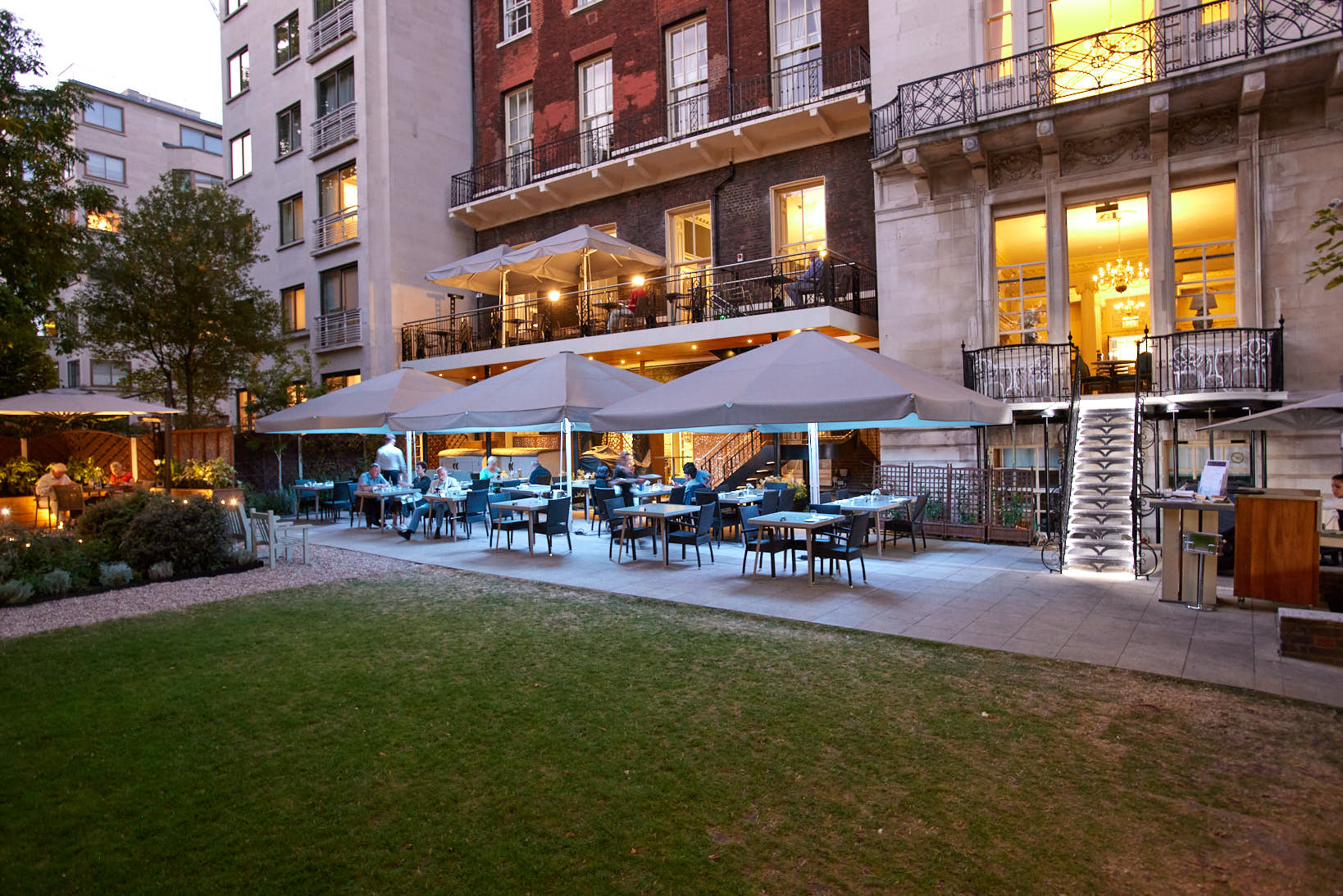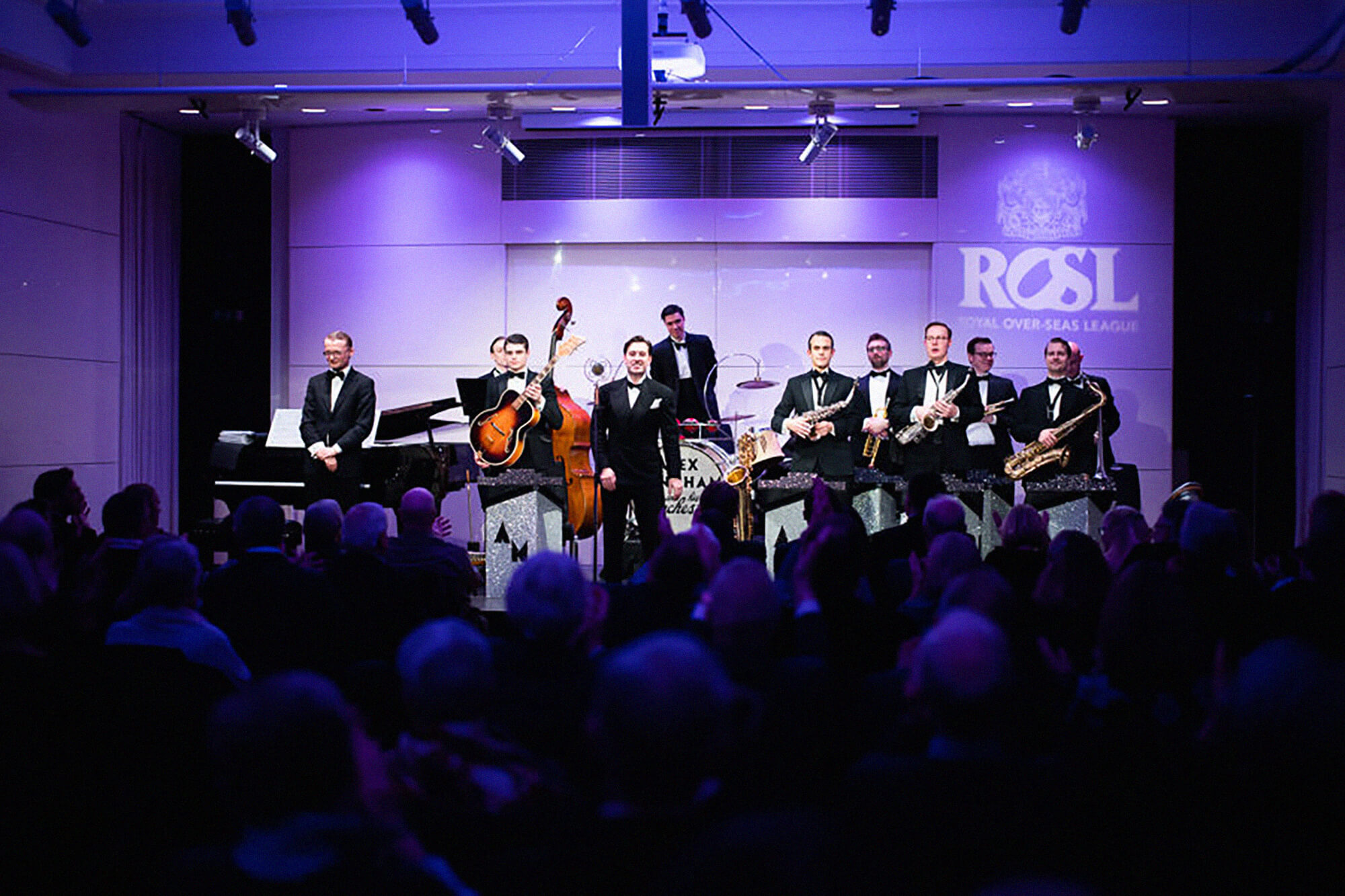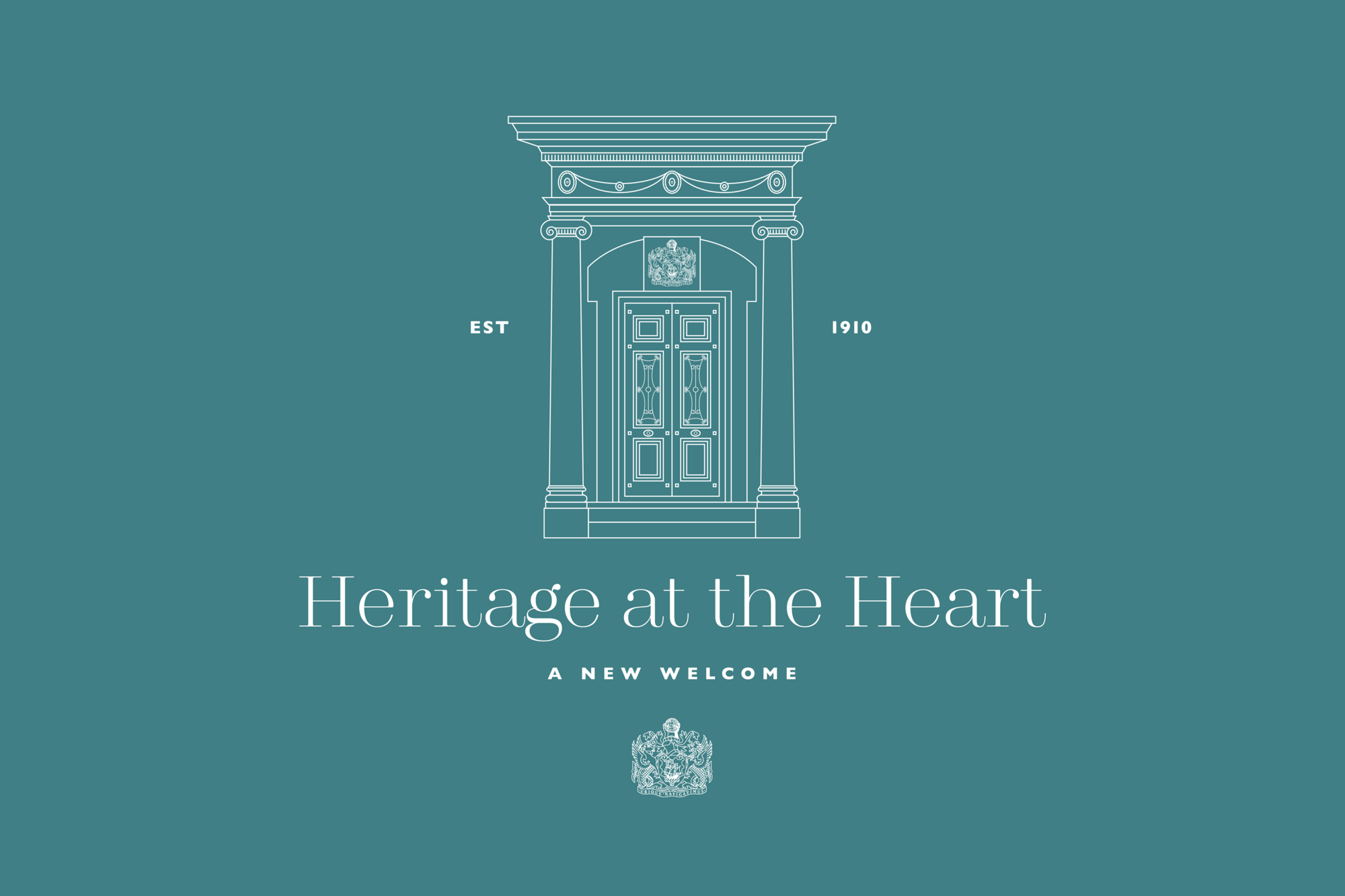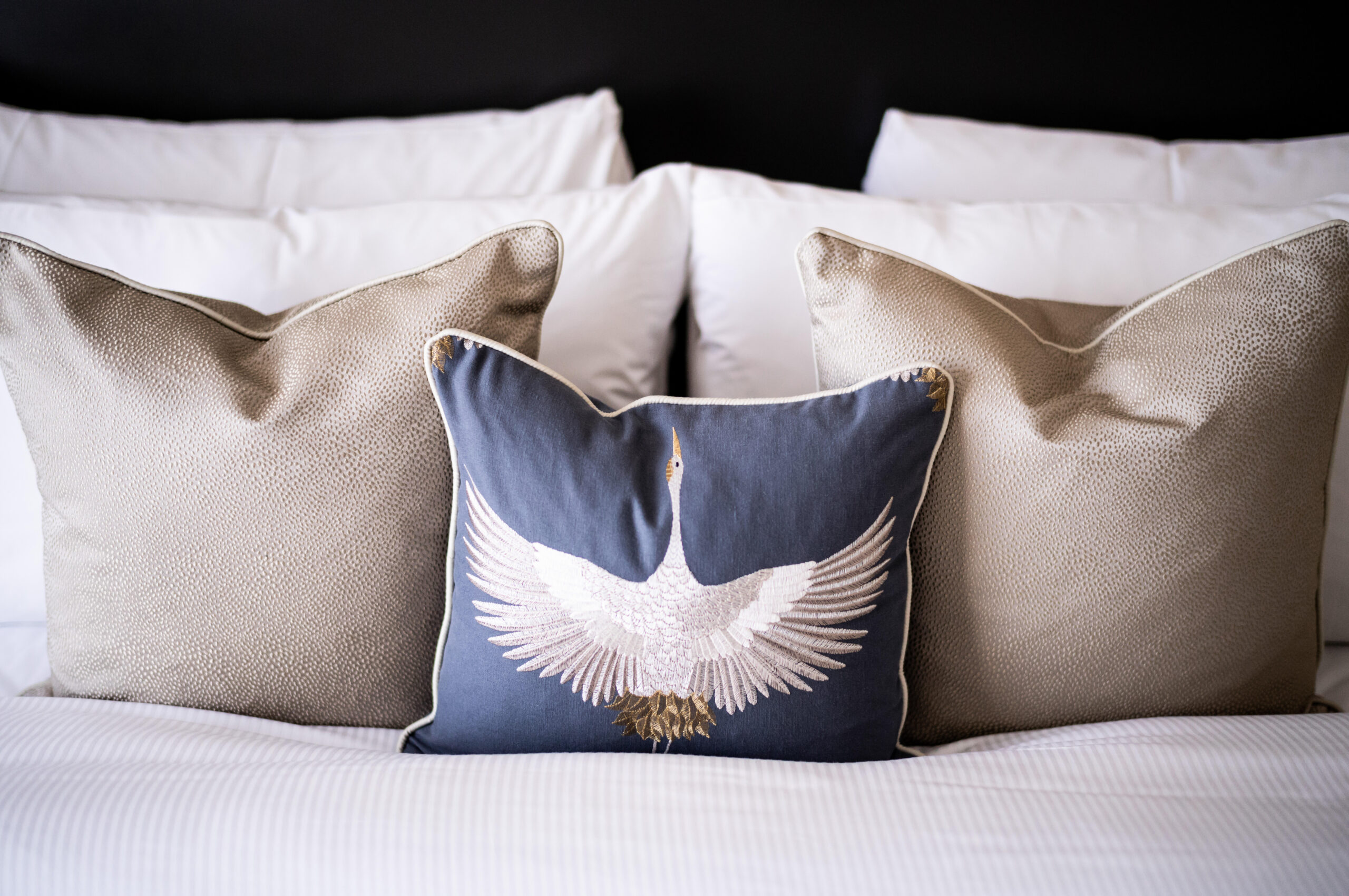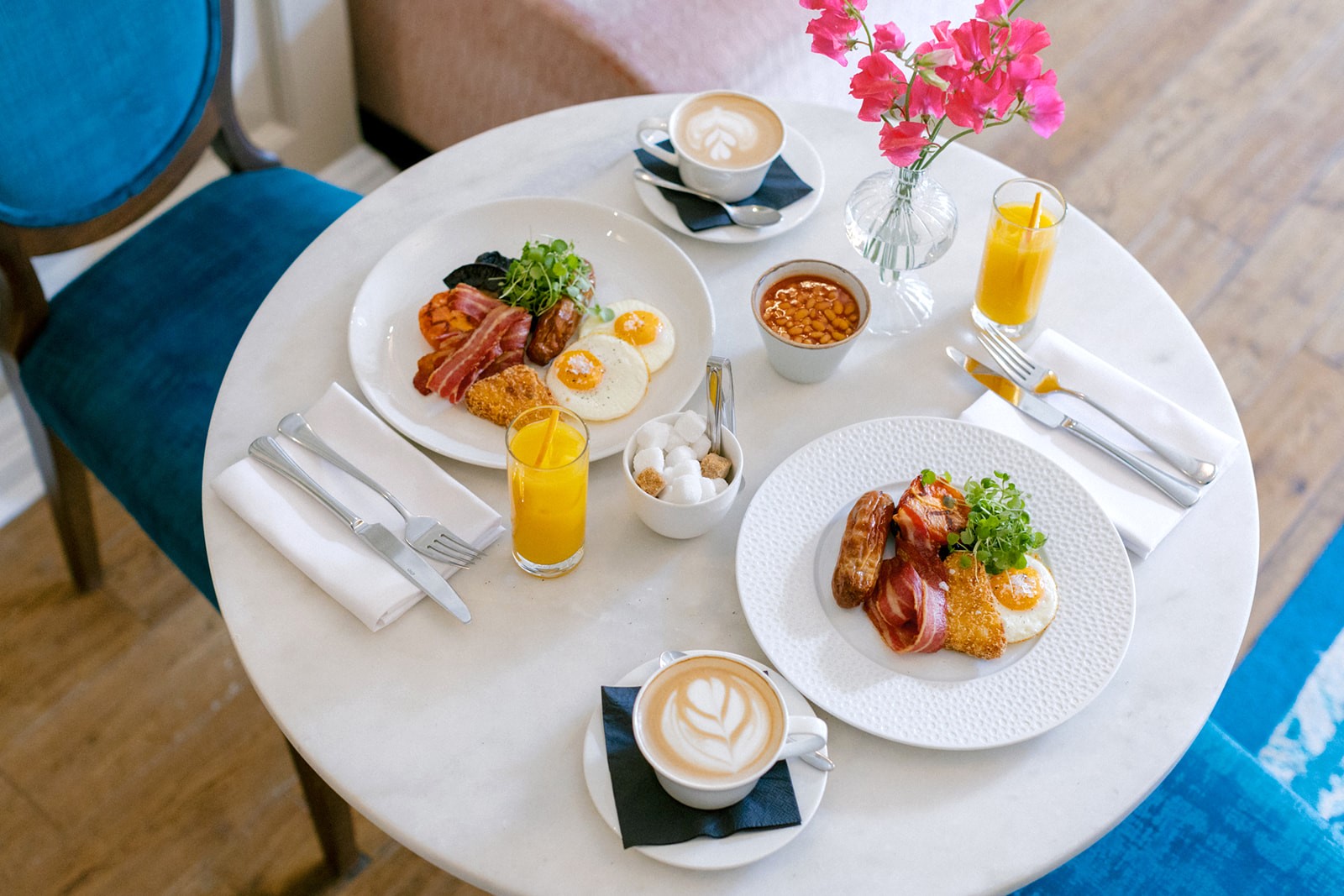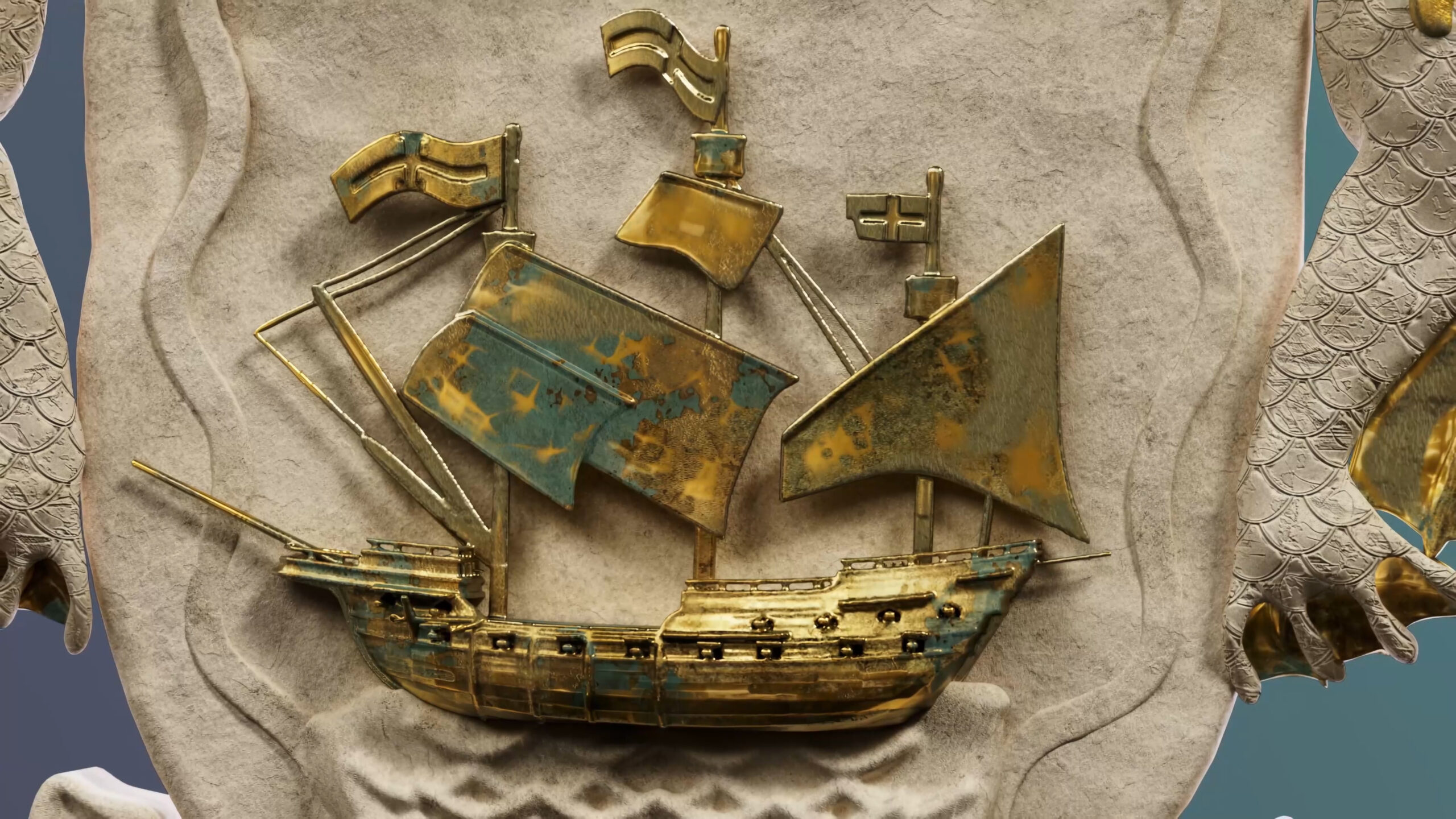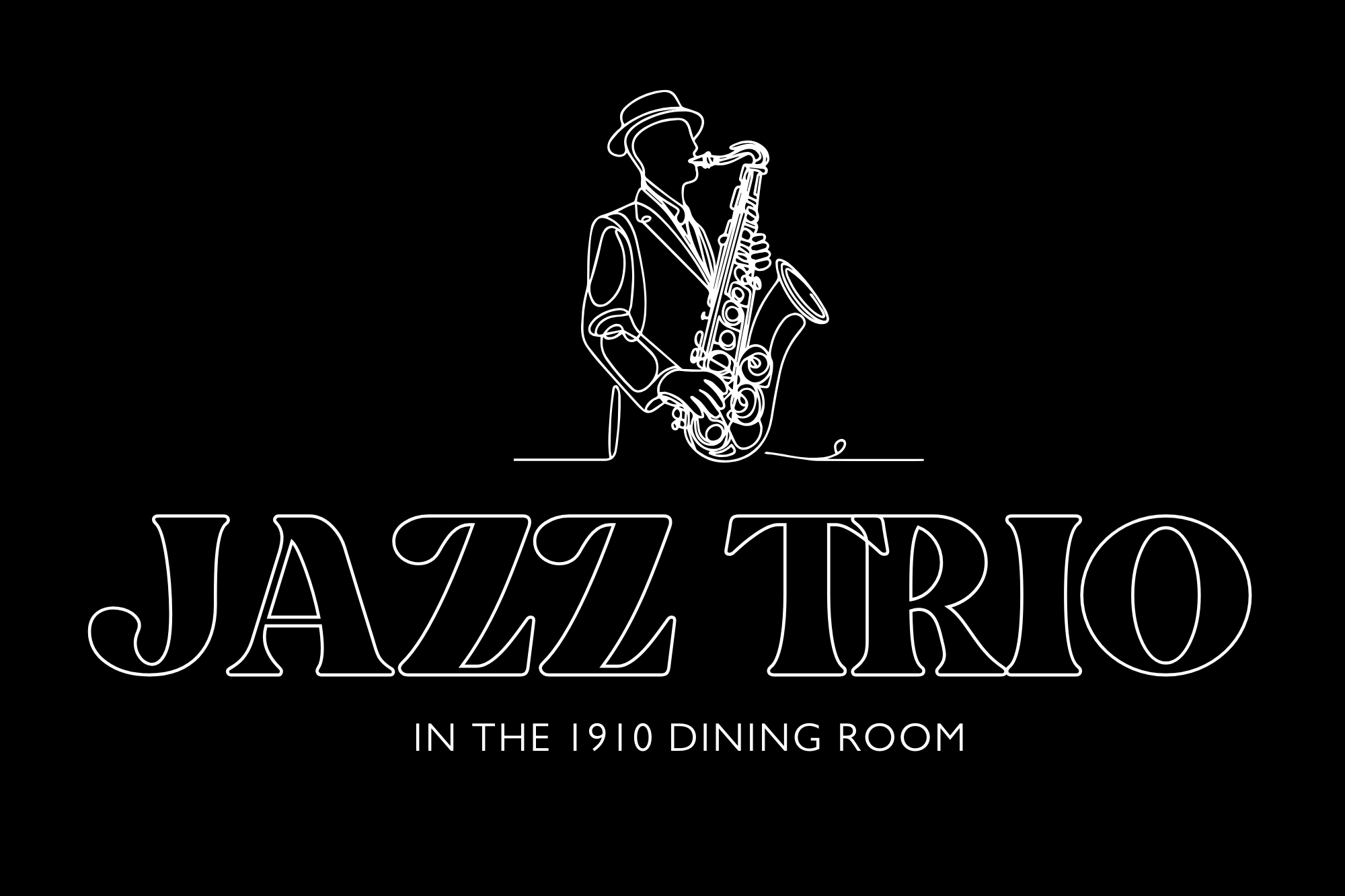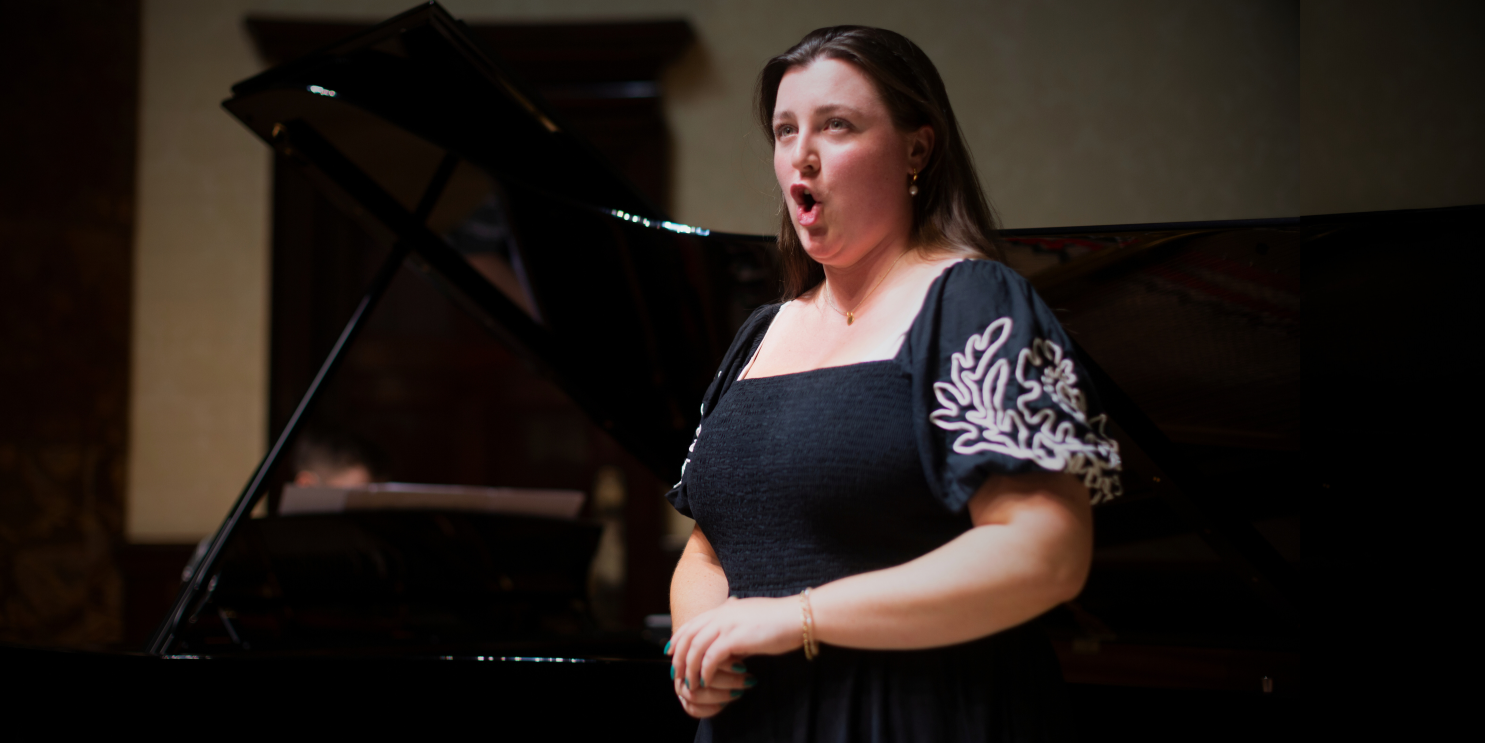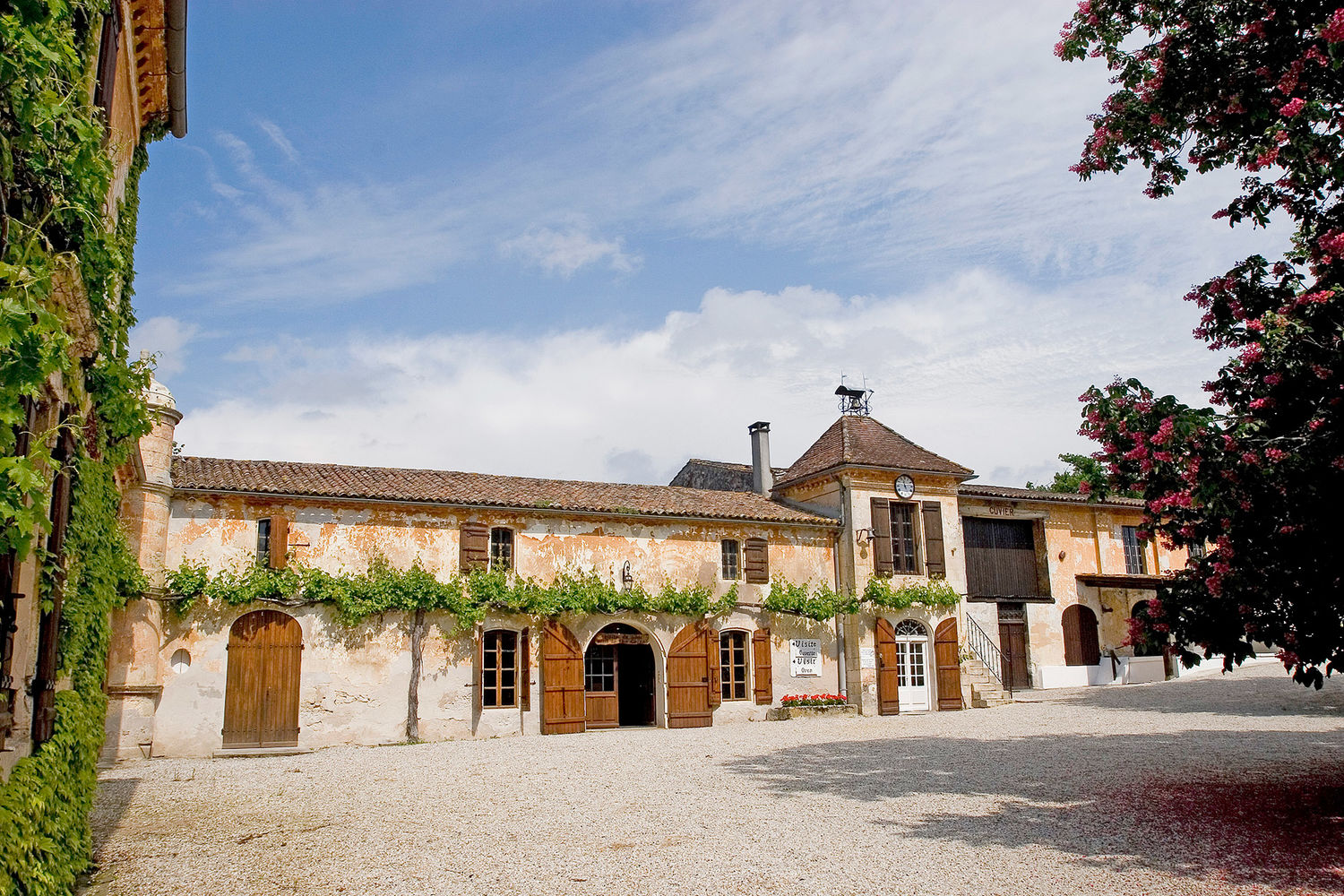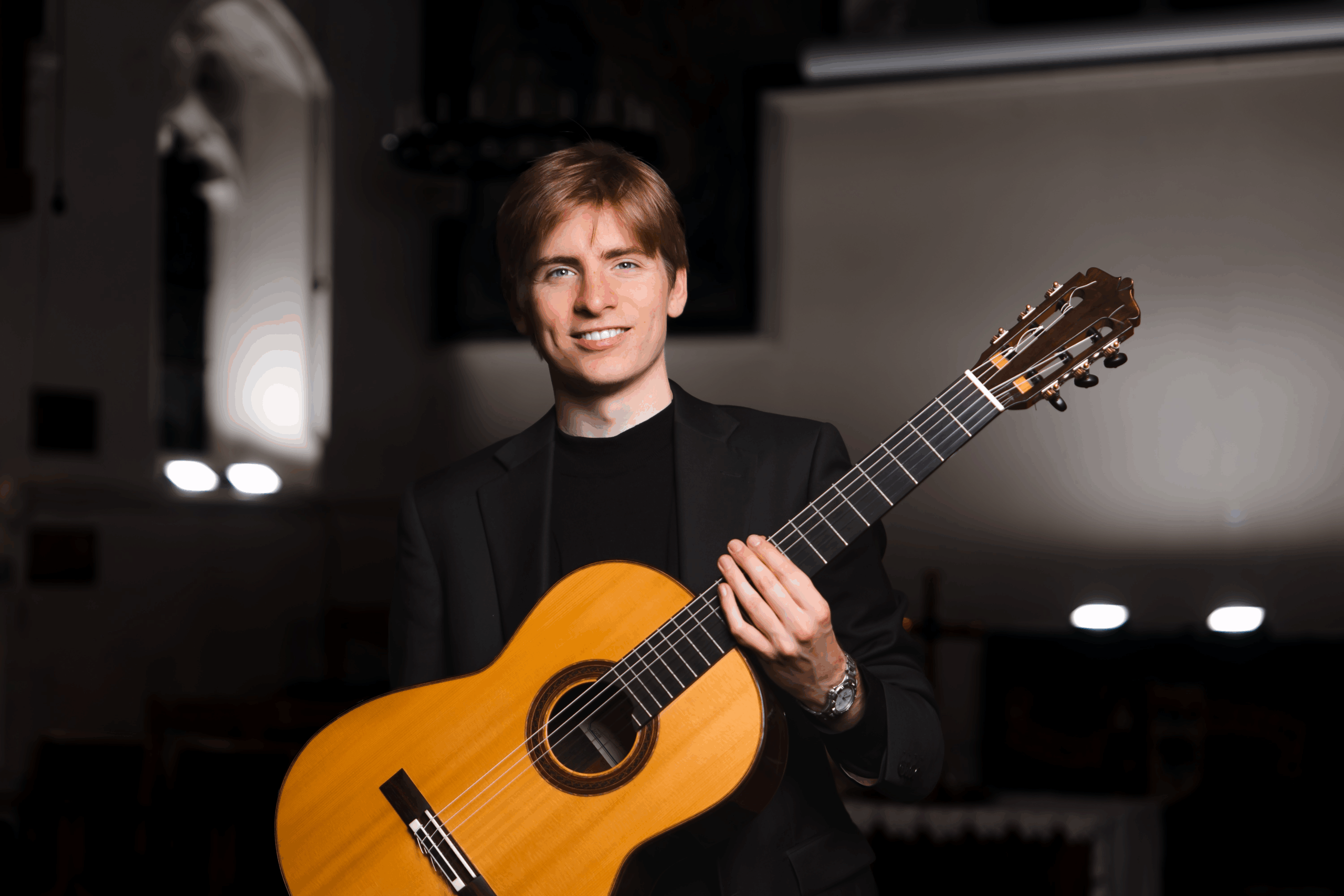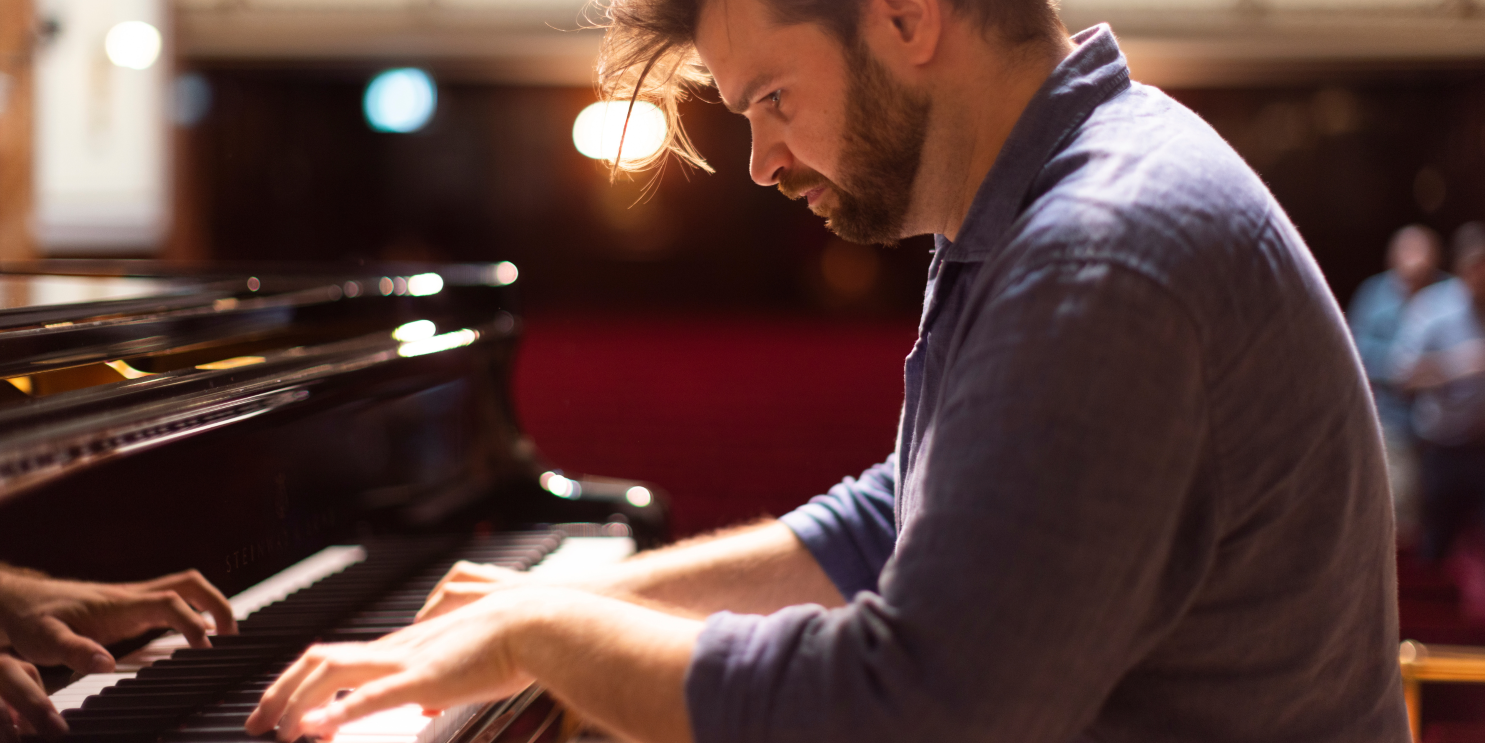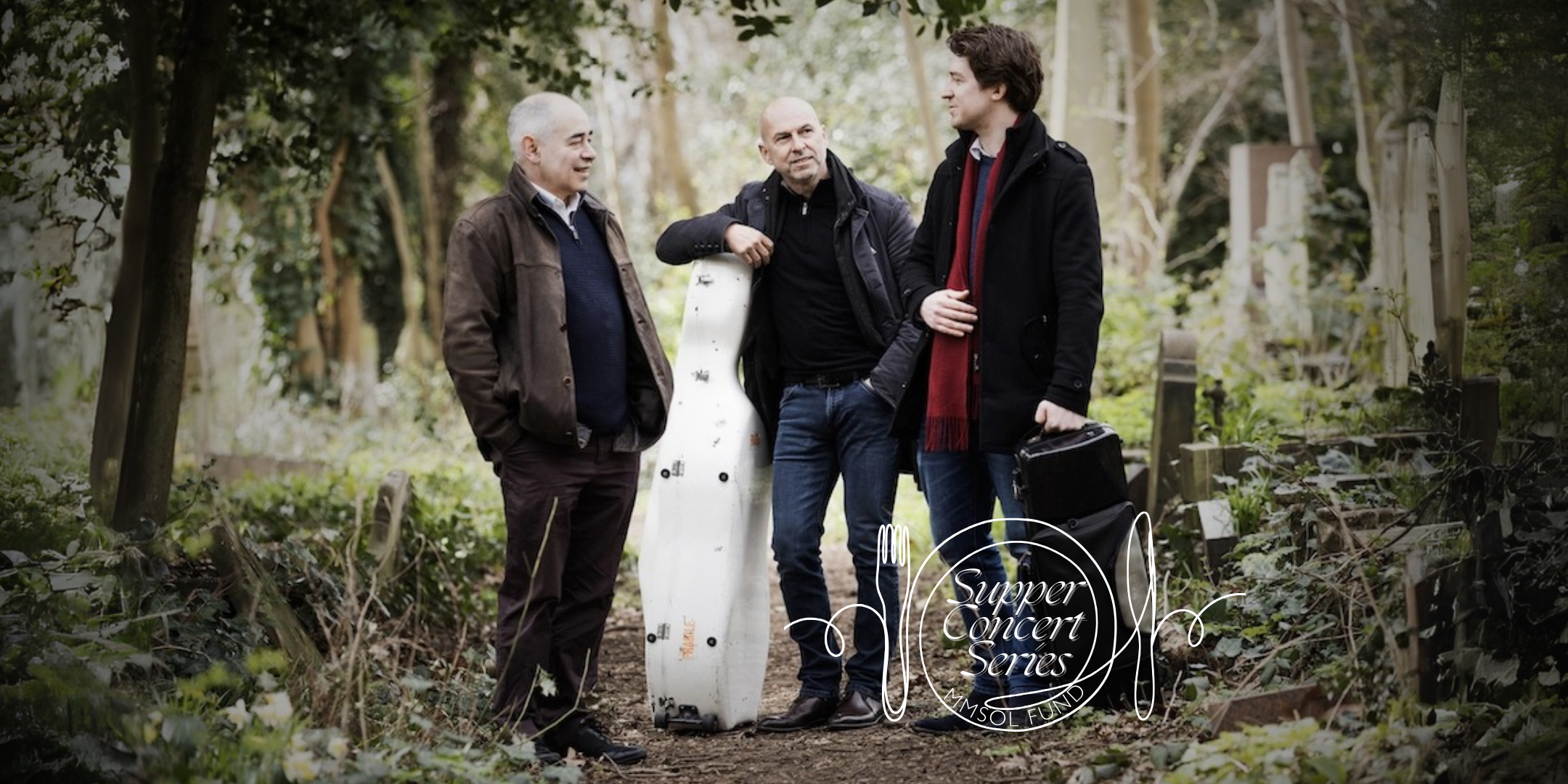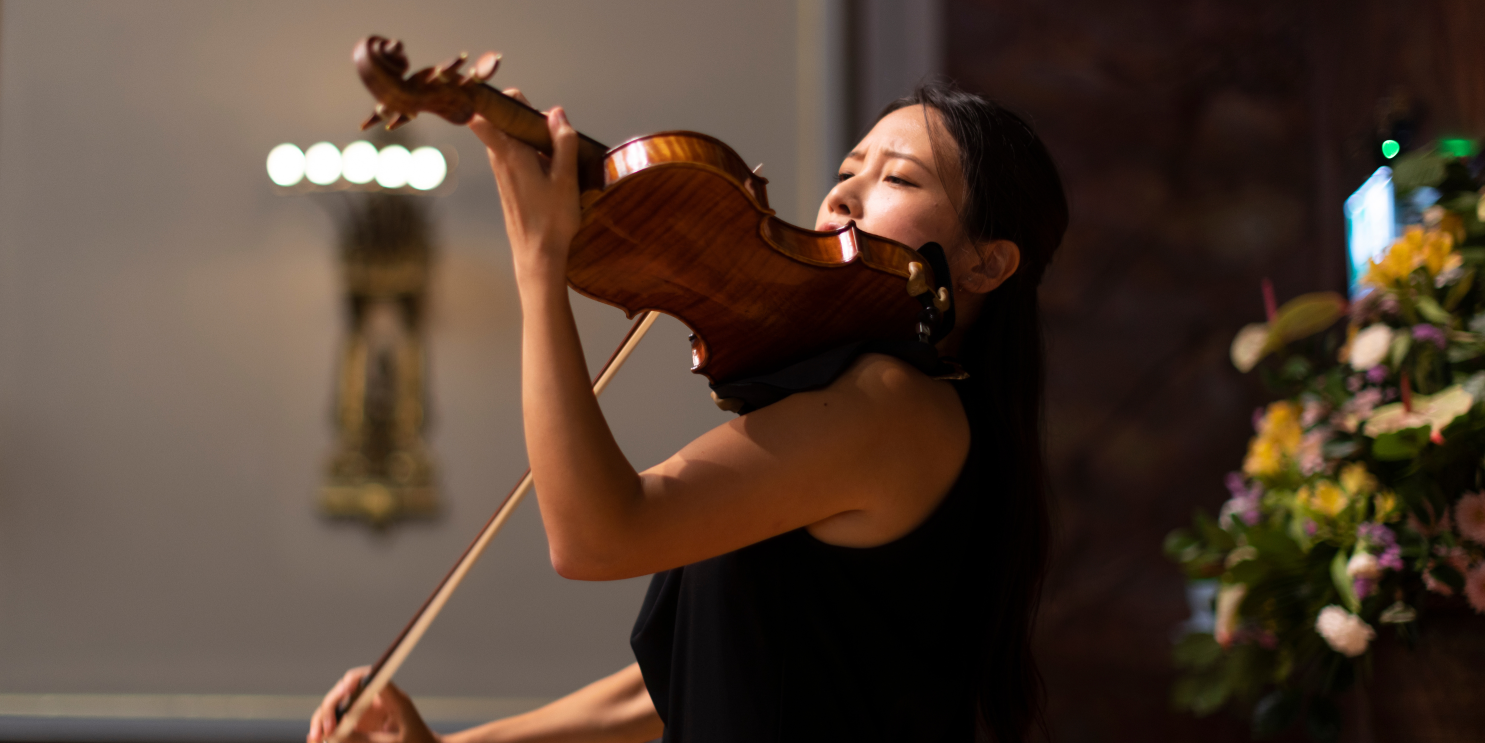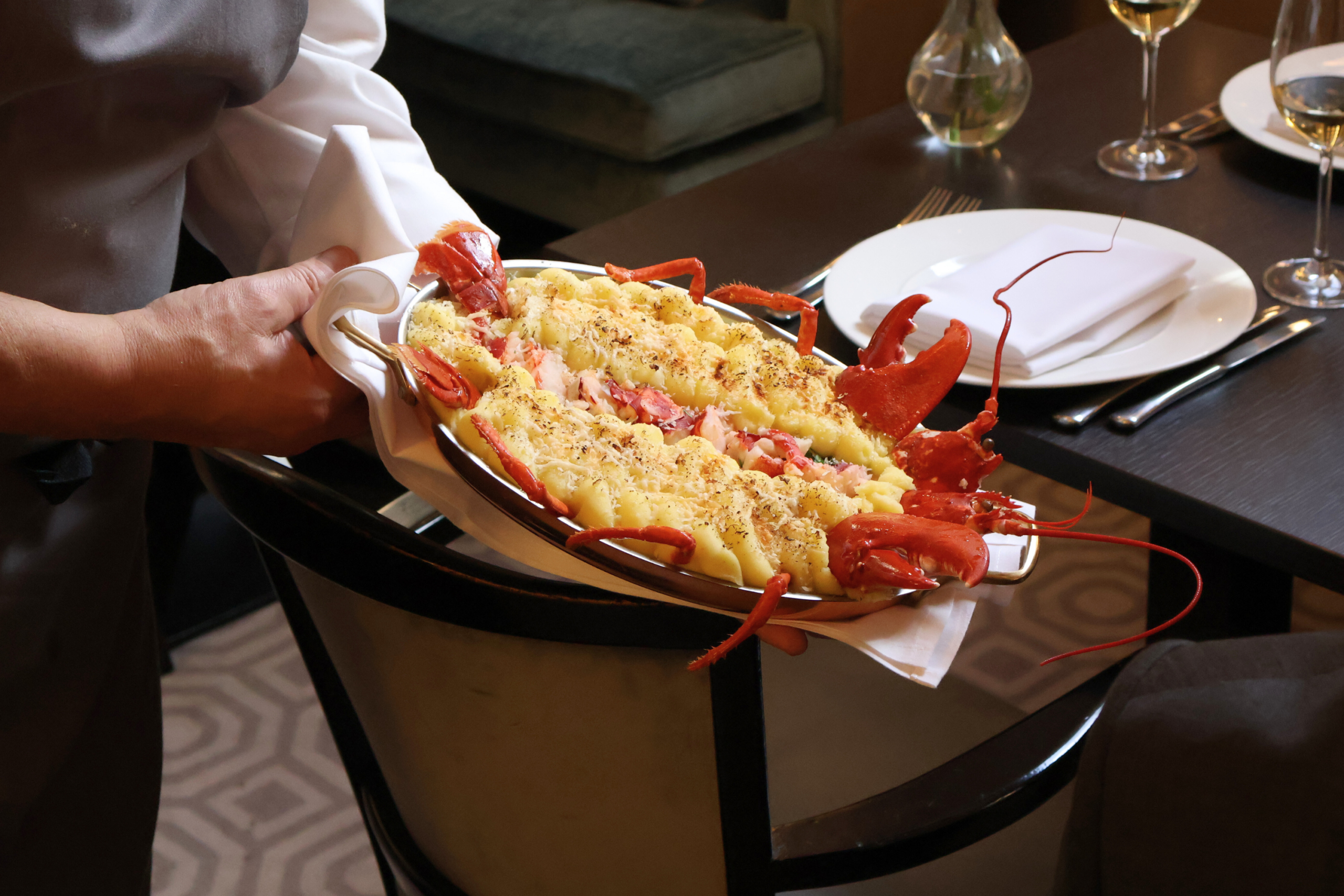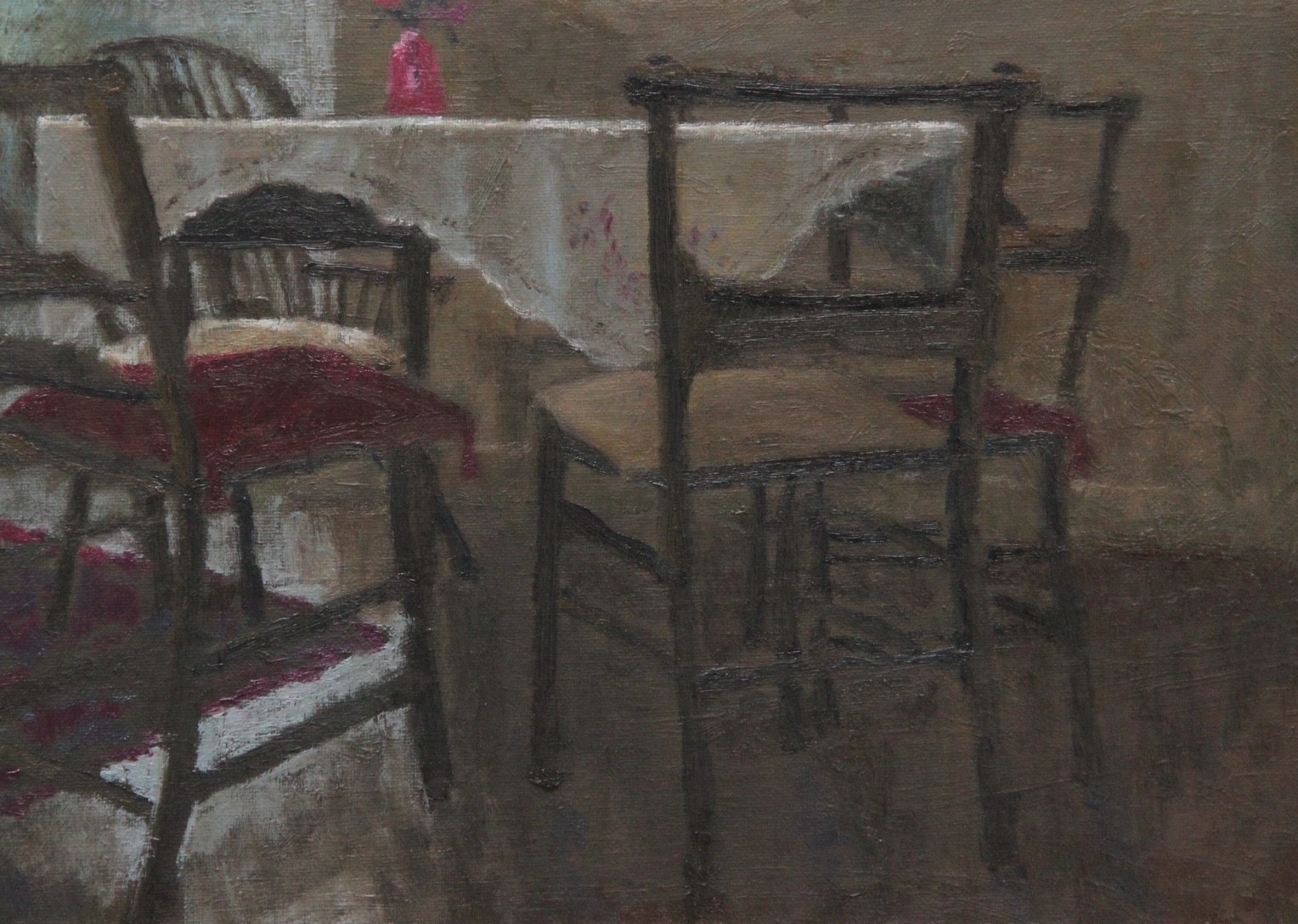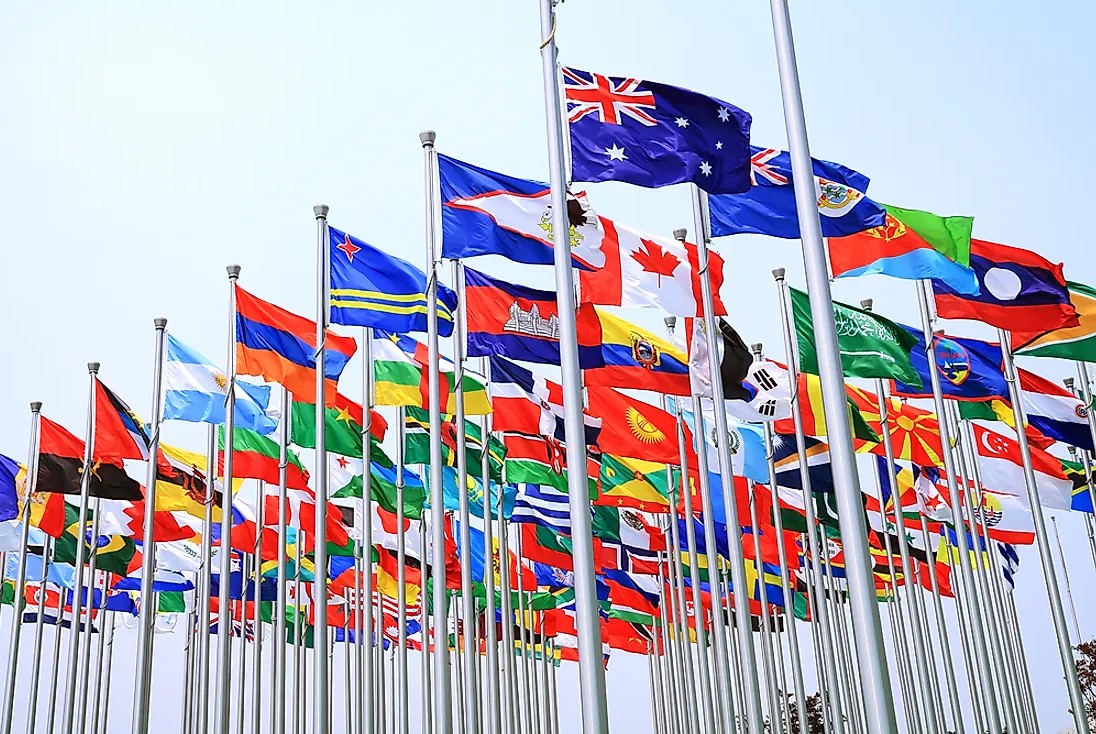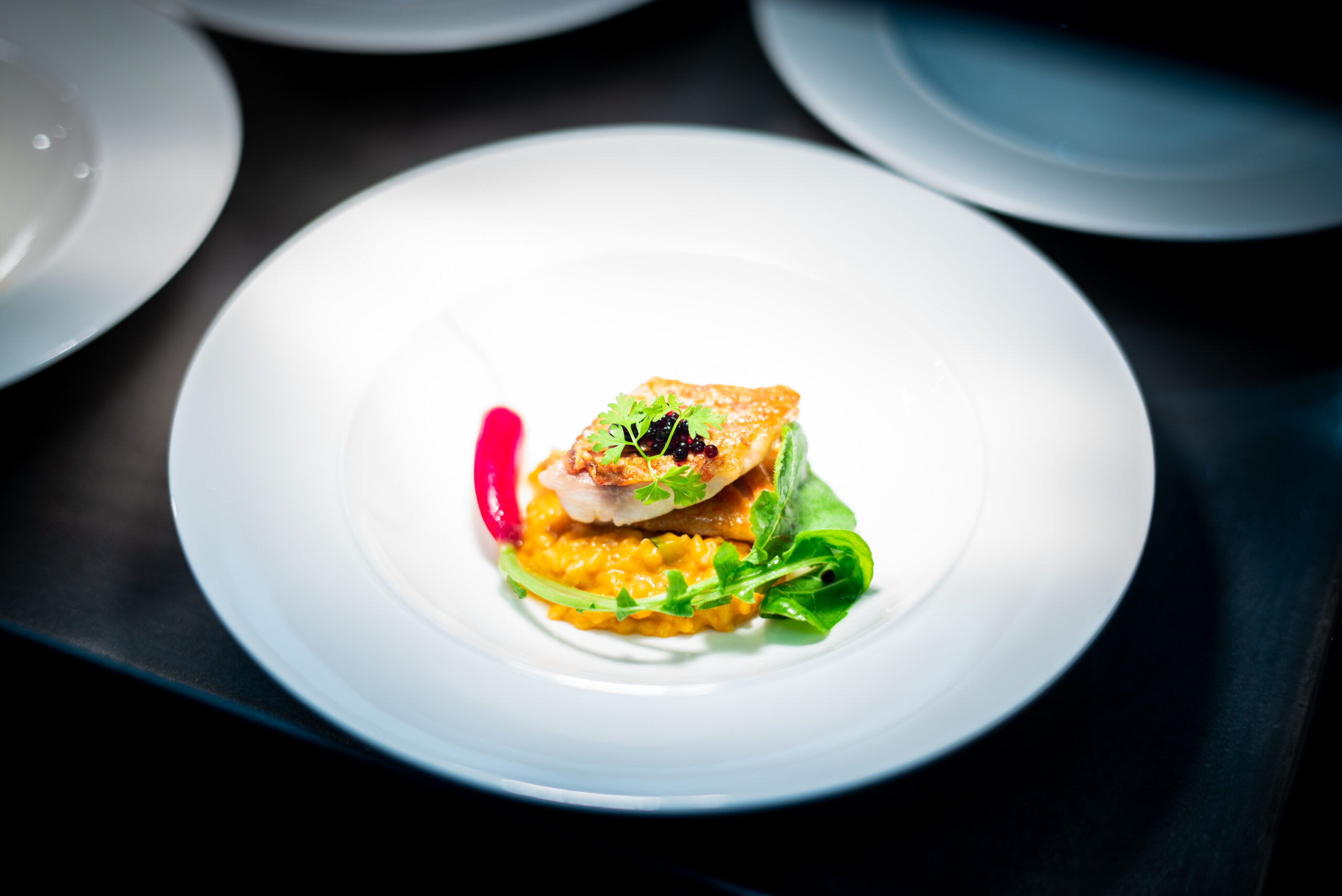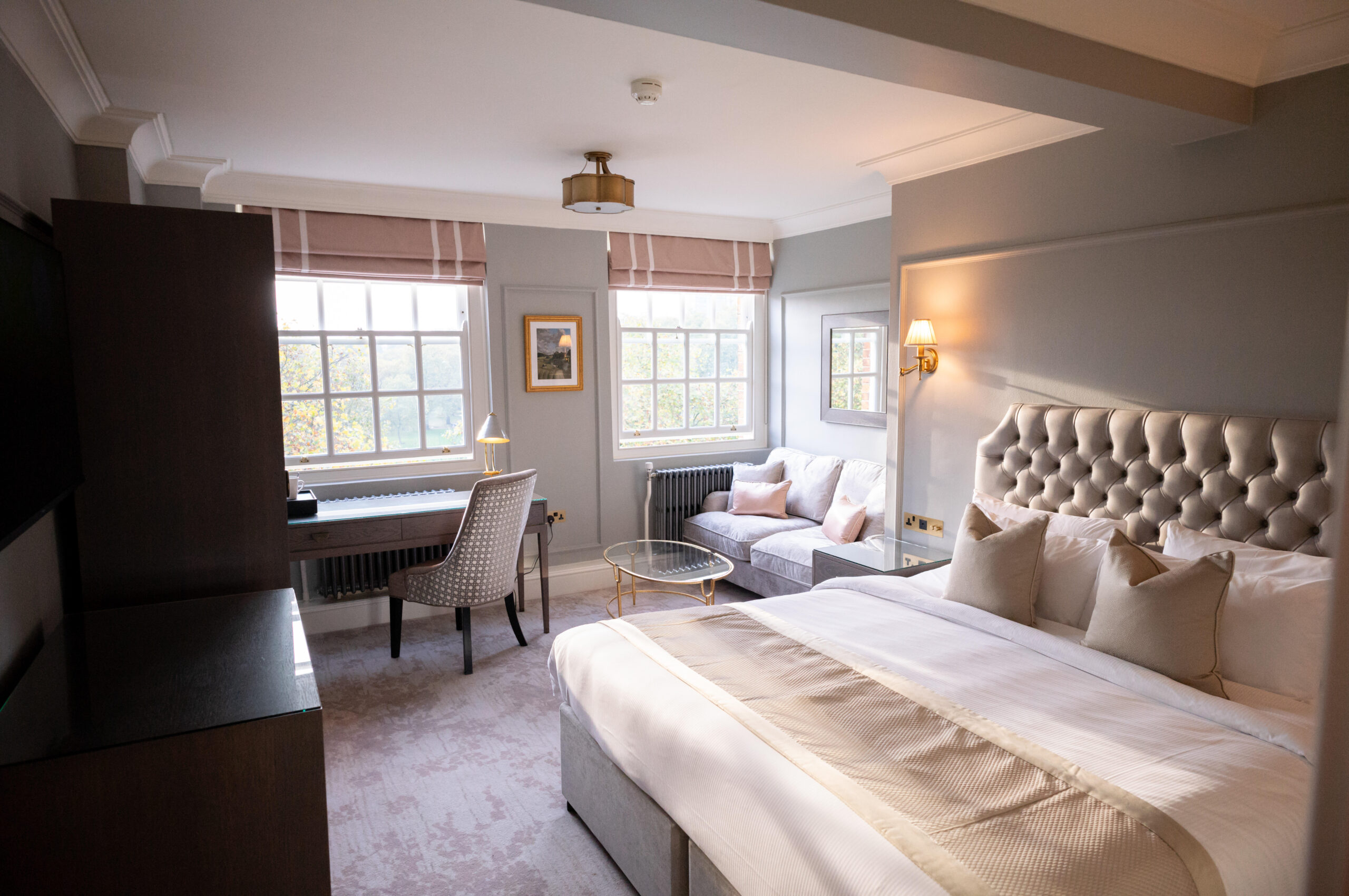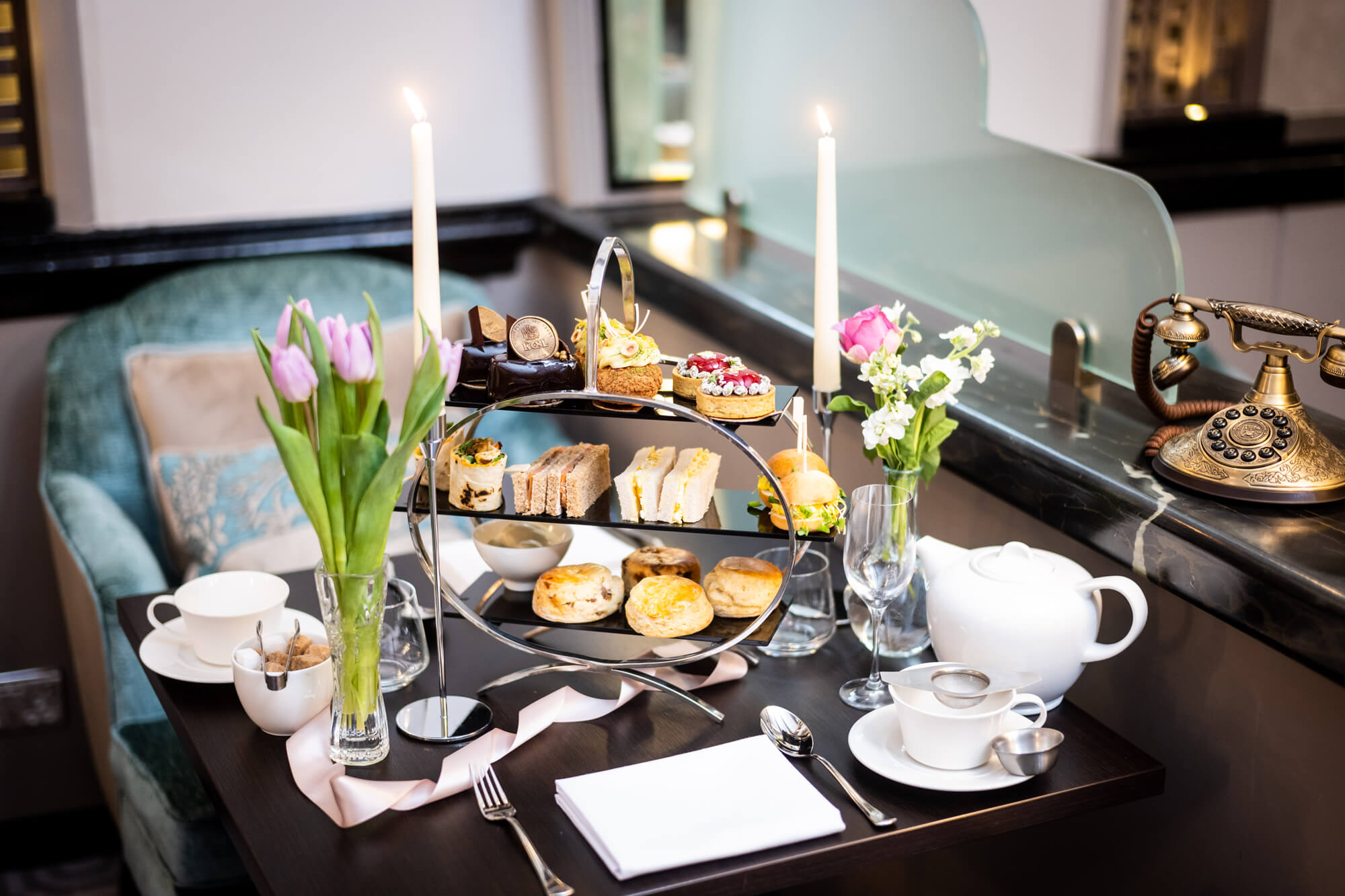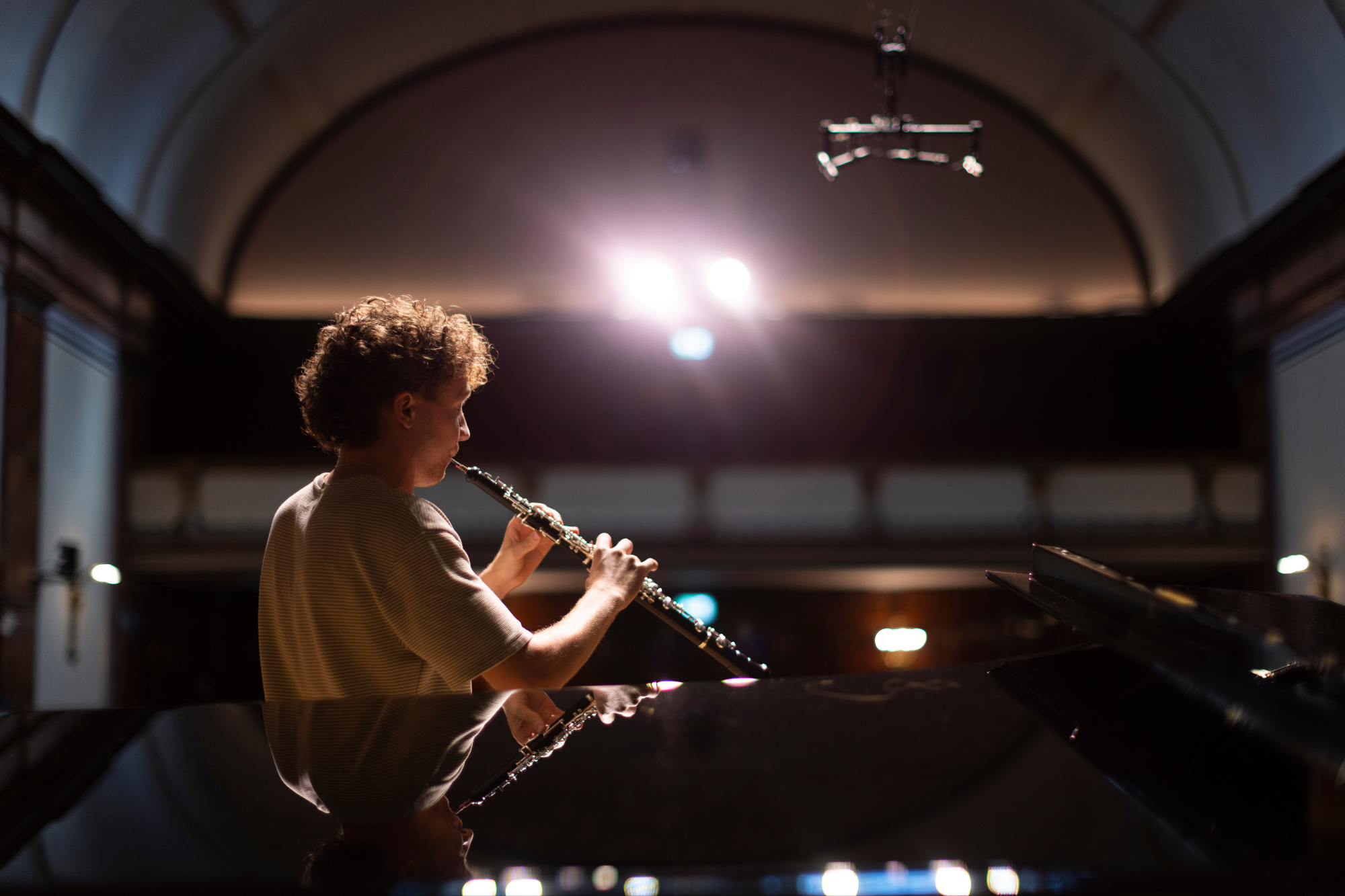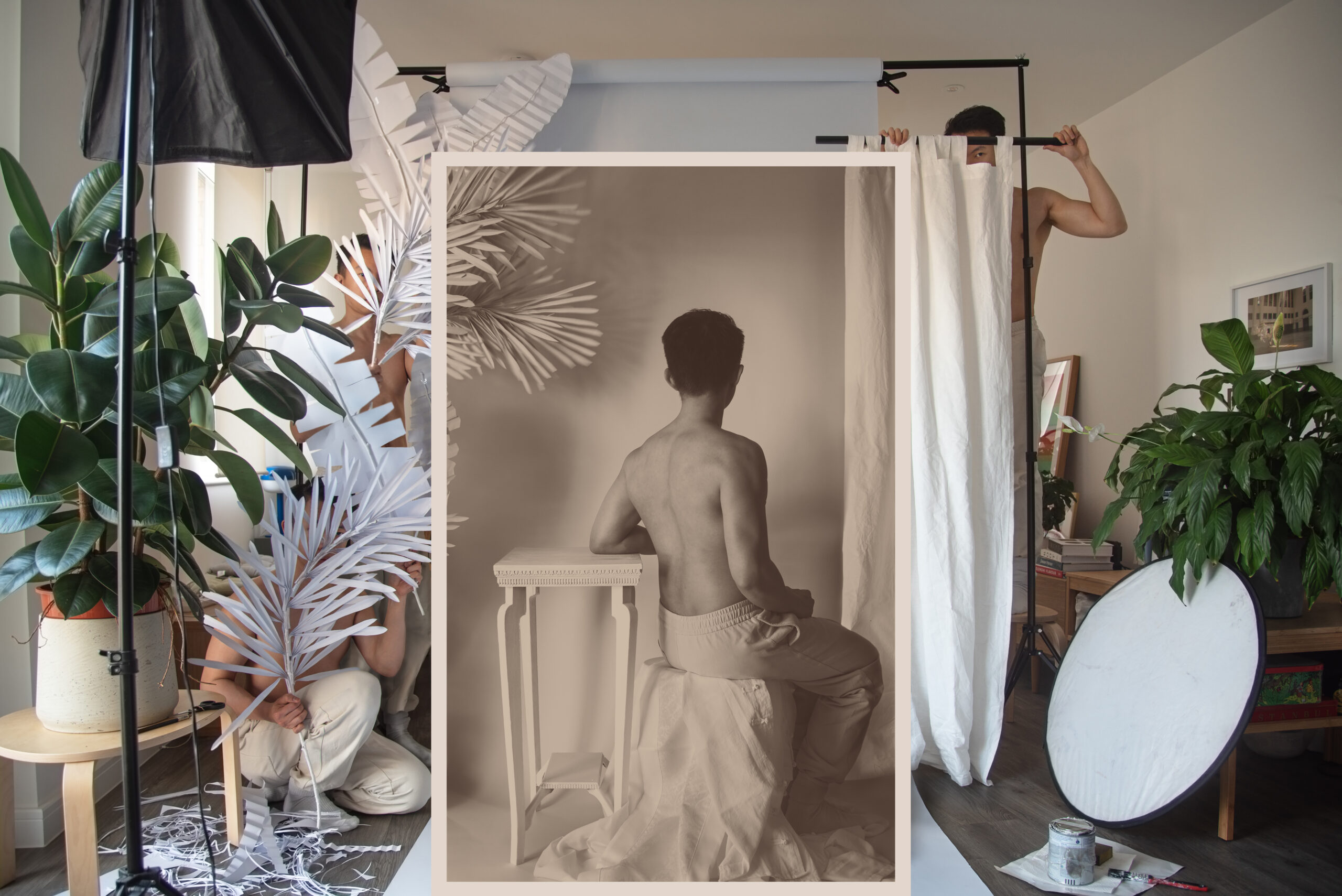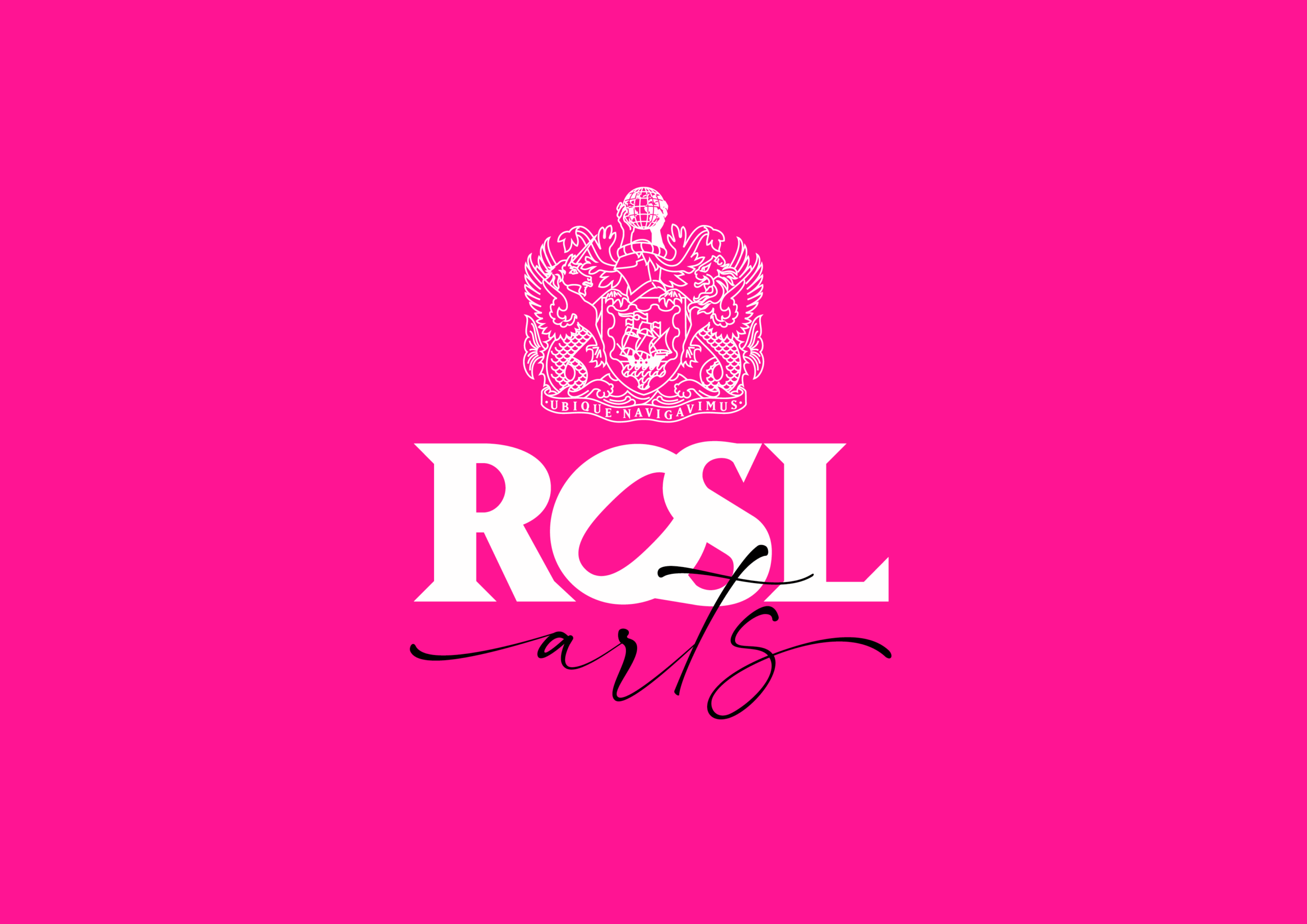- About Us
- Membership
- What’s On
- ROSL Events
- About Club Events
- Public Affairs
- Calendar of Events
-
Upcoming Events
-
Jazz Trio in the 1910 Dining Room
Mon. 16 February - 18:30
![Jazz Trio in the 1910 Dining Room]()
-
Singers Section Final 2026
Tue. 17 February - 19:00
![ROSL_Arts_Events__2026_Music_Competition_Singers]()
-
Château La Tour de By: A Bordeaux Wine Dinner
Thu. 19 February - 18:45
![chateau-la-tour-de-by-2]()
-
Classical Guitar Nights in the 1910 Dining Room
Fri. 20 February - 18:30
![Noah Layzell guitarist]()
-
Keyboard Section Final 2026
Tue. 24 February - 19:00
![ROSL_Arts_Events__2026_Music_Competition_Keyboard]()
-
Beethoven and Smetana with Trio Balthasar
Thu. 26 February - 18:30
![Trio_Balthasar_MMSOL_Arts_Events]()
-
Strings Section Final 2026
Tue. 03 March - 19:00
![ROSL_Arts_Events__2026_Music_Competition_Strings]()
-
British Pie Week Menu
Wed. 04 March - 12:00
![British Pie Week 2026 lobster]()
-
Exhibition Opening: The Interior
Thu. 05 March - 18:00
![Shawn Lee 1]()
-
Commonwealth Day Celebration 2026
Mon. 09 March - 12:00
![Commonwealth]()
-
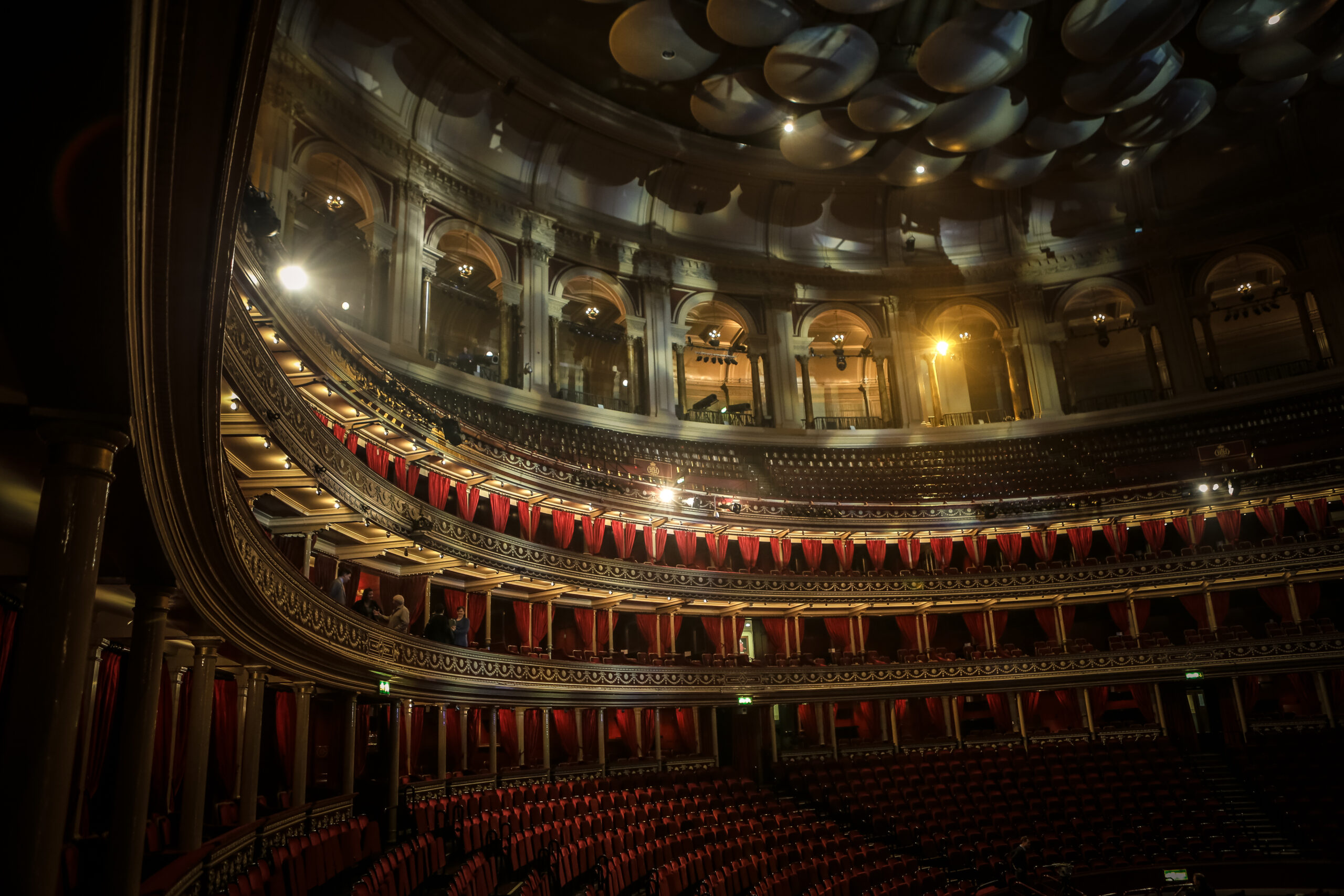
Overseas Journal | Inside the Royal Albert Hall
07 August 2024
There are few UK music venues more venerated and recognisable than the iconic dome of the Royal Albert Hall. Here Rosie Allen speaks to CEO James Ainscough about the Hall’s success as one of Europe’s most vibrant and thriving live music venues, how orchestral music is making a comeback and why established venues could be vital in ensuring the survival of grassroots music scenes.
James, you used to hold a role as Director of Finance at the Royal Albert Hall before you took some time away; what drew you back in to become and how did it feel to come ‘back home’ following time away in another role? Had much changed in that time away?
Music has always been a huge part of my life. I spent my entire childhood making music but I was never good enough to be a professional. So music was my life really as a kid – I learned piano and cello and, because I was brought up in Yorkshire, cornet as well, so I could play in a brass band. Then I realised that neither piano, cello or cornet really turn girls’ heads! So I picked up bass guitar and started playing in some contemporary bands, but I loved every genre really – I loved classical music, chart pop; I played in jazz bands, rock bands, sang I a choir, played in an orchestra… so I learned to love the whole array of music while regarding none as ‘better’ than the other. And that’s what the Royal Albert Hall reflects to me, this great veneration of all styles of music; over the last year we’ve seen the Proms which is the world’s largest classical music festival, all the way through to Rae, an amazing soul R&B singer and a rapper called Loyle Carner, all these wonderful artists. There aren’t many venues in London or even the UK that display that range in what they’re putting on.
Usually they’re specialised such as Wigmore Hall, or the Royal Opera Hall – but not many do everything, and that’s why we’re special. Plus we’re also a charity which is really motivating to be part of, because it means that everything you generate commercially goes back into the charity. We don’t get any external support which means we have to operate commercially and that means we do as many shows as we can. So normally around 400 shows per year – we’re allergic to empty seats and work really hard to make sure that every seat is full. We’re vibrant, busy, full all of the time and operating entirely for charitable purposes right across the array of music. I can’t think of anywhere better to work, and for me personally it’s that array of programming that makes it a ‘me-shaped’ venue! It’s a real blessing – the hall is like a Swiss watch; it’s a really technical combination of mechanisms going from the box office, to sound technicians to staging. In many ways running a Victorian building as a modern venue is basically an act of sheer lunacy – it’s nuts to try it really. The building is so idiosyncratic and therefore takes a long time to get your head around, how everything connects. So to step back in as Chief Exec and know how everything works rather than spending a year learning the ropes has been real blessing. I feel really lucky – even when I left the Hall I always had a hope that I’d come back.
London is rich in historical music and events venues – what is it that makes the Royal Albert Hall so special and iconic?
There are things that make it special to everybody as a building and concept. Firstly it has this utterly unique architecture, but interestingly it never actually had an architect. It was designed by an engineer who went to Rome and drew inspiration from the Colosseum, and then came home and tried to build a Victorian version, and made this visually arresting Classically-inspired dome. Secondly there’s a performance history which is astonishing. If you’re a musician standing on the RAH stage, your musical heroes probably played there decades before you did. So there’s this idea that you’re standing in the footsteps of giants. In fact, Roger Daltry of The Who says ‘when you’re standing on the Royal Albert Hall stage, your heroes are cheering you on’; it has this depth of performance history but in a way that’s inspiring, not intimidating. Because the seating is laid out around an amphitheatre, there’s also a feeling that the audience almost wraps around the artist, so there’s an astonishing intimacy, almost like an enormous 5,000 person group hug when you’re all in there together. It creates an emotional intensity that you can’t quite describe.
It’s also become a place where the nation gathers. Really notable and important events happen at the Royal Albert Hall: national moments together such as the Festival of Remembrance in November, the Proms – and, for example, whether you agree with singing Rule Britannia or not, it’s a moment where we collectively try and figure out what it means to be British. We’ve hosted big commemorations – for example the tribute to George Harrison, Teenage Cancer Trust concerts – and also in the 1910s we hosted more suffragette rallies than any other building in the UK. They called it a Temple of Liberty and when they got their first concession in 1918, and the celebration party was at the Royal Albert Hall. So we don’t just have a performance history, but have been at the centre of so many meaningful moments for the country.
The stage also hosted Einstein; when he left Germany in the mid-1930s he came to London and gave a public talk, not on the theory of relativity or any of his other brilliant ideas; but on the dangers of Naziism, way before most of Britain had woken up to what was going on. At the time some newspapers were still saying that Hitler was a jolly good fellow. But Einstein chose the Royal Albert Hall as the place to warn the world.
There are things we’re not proud of as well – I can’t claim we’re don’t have a chequered history. We were born of the Empire. Earlier in the 1930s we had Oswald Mosley, leader of the UK fascist party, on this stage. We can debate for a long time about whether we should have had Miss World on the stage of the Royal Albert Hall in the 60s and 70s, which led to big protests outside the building. We went through a period in the 70s where lots of artists were banned; but nevertheless, when people of note wanted to do significant things, over the last 150 years they did them here. There aren’t any other venues that have that consistency of landmark moments throughout history.
You previously held a role as CEO of Help Musicians, a charity to help professional musicians in times of need. What challenges are particularly facing musicians at this time?
Firstly, without being political, Brexit has been a nightmare in terms of the barriers to touring. What’s so tough for musicians is they are low-paid freelancers with no set career path who mainly operate on their own – it’s very precarious. If they get ill, if they’re not performing well, they often haven’t built up a buffer to help them through. Help Musicians was actually set up in 1921 by Edward Elgar to both help musicians build their careers – helping them flourish in the way ROSL does with AMC – and to support musicians when things went wrong, illness for example, and to help them progress or patch things up when needed. The story for musicians for centuries is that they’ve been at the mercy of three things; of changing tastes, for example, the popularity of jazz was much greater in the 20s than it is now; secondly change in technology – the introduction of streaming, of radio and how that limited demand for live performance; and also the legislative environment, for example Brexit, tax systems, copyright. So, each freelance musician is a tiny boat on an ocean with these three strong currents pushing them around and it’s very hard for them to feel in control. And then layer onto that the idea that it’s not just a job – it’s an identity. You’re exposing yourself, creating art, being judged, standing in the spotlight. When the ability to make music is taken away, either in retirement or as we saw on a massive scale in the pandemic, it can cause a massive mental health crisis, along with practical challenges of earning enough money to pay rent. It’s not that musicians are fragile people, they’re a hardy lot and they’re determined and tenacious and focused but they’re extra vulnerable for these reasons. When you think of their world like that you can see why the charity is a really important thing. We tend to think of musicians in terms of the superstars and icons. But most are session musicians or part of an orchestra or music teachers, so there isn’t the huge audience to sustain them. It’s a world away from the glitz, glamour and affluence that the 1% live with. And life on the road is isolating with a very odd collection of highs and lows. Lots of studies show how the body and mind reacts during a performance, and the comedown from those endorphins and that adrenaline can be brutal for the musician alone sat in their small dressing room backstage afterwards. Lots of people medicate that by maintaining the chemical high with alcohol and drugs and it’s very easy to fall into.
The RAH has branched out into events such as film screenings accompanied by a live orchestra – how have you managed to remain contemporary and appeal to a new audience whilst still retaining broad appeal?
It’s all about balance, and we very deliberately plan that variety across those 400 shows in the year. The hall is the home of breathtaking moments and lasting memories for everyone, not just the few. Certainly, since I’ve arrived there’s been a real push to put on a ore diverse offering of artists. Recently we’ve had our first ever drill rapper (Digga D), The Composer’s who are an afrobeat band and much more. The Royal Albert Hall is a very special and storied special place, but it’s not an exclusive one. I think many people think of us as being formal; that you have to wear a tie, wipe your feet before you come in…. but it’s not that place at all, the doors are wide open. And we have to put on what people want to hear – what’s exciting about an act like Digga D and drill rap is that it’s the punk of the modern era and represents the voice of a disenfranchised youth. We want to be part of those movements and reflective of voices from across diverse communities and musical styles. During the 1960s we were wide open as a venue and welcomed all kinds of act – The Cream, The Beatles, The Rolling Stones, but sadly we banned a lot of acts in the 70s. We had a kind of Mary Whitehouse character in charge who banned artists because she hated their lyrics or thought bands were too heavy. It got quite bizarre. You’ll see that artists who fell in love with us in the 1960s are still playing with us today, for example Eric Clapton, (who calls RAH his ‘second living room’), while a lot of bands who got big in the 70s didn’t build that same level of affection for us, so now they’ve reached true legend status they don’t come and play. I want to make all kinds of artists welcome now and insure the future legacy and invest in affection for the future. Some of those artists that played last year will be true legends in 30 years time and we want them to come and play here when that happens.
Where do you see the future of the RAH programming and the future of UK arts in general?
In terms of the Hall’s programme, we want to continue to push out right across the genres in order to make every talented musician and music lover in the UK feel that RAH ca be their home. And in order to make both audiences and artists become more diverse, you have to pursue a wide variety of genres.
In terms of arts more widely in the UK, we’re at a really difficult moment right now. There is a lot of tragedy coming from the grassroots music scene and it’s very difficult for small venues to survive. There’s not enough funding in the arts sector to go round and there’s lots of talk of grass roots withering, of genres dying and fundamental shifts in taste and technology that are difficult to keep pace with. So on one hand are some bleak and sobering stats. But on the other hand music is life; I can’t live without music and I’m pretty sure most people can’t, especially that raw experience of seeing music live. It’s always going to flourish in some sense, so we need to keep pace with change. What the Royal Albert Hall will continue to do is support grassroots music, help build up the audience for classical music and we can play our bit there to make sure the water level rises. The film and live orchestra events show that people really do want to hear an orchestra play, but they don’t always want to hear music that’s 300 years old; so we’ll continue staging the Proms in that great tradition, but also performances if film composers such as John Williams and Hans Zimmer. We’ve found if we drop the ‘classical’ genre and call it ‘orchestral’, we can attract a whole new audience whether people want to hear Lord of the Rings or Ministry of Sound orchestral. Last year we sold three quarters of a million tickets to orchestral concerts. So I think the future of that sector is strong and full of hope but we may have to be broader I terms of what we provide to help it flourish.
